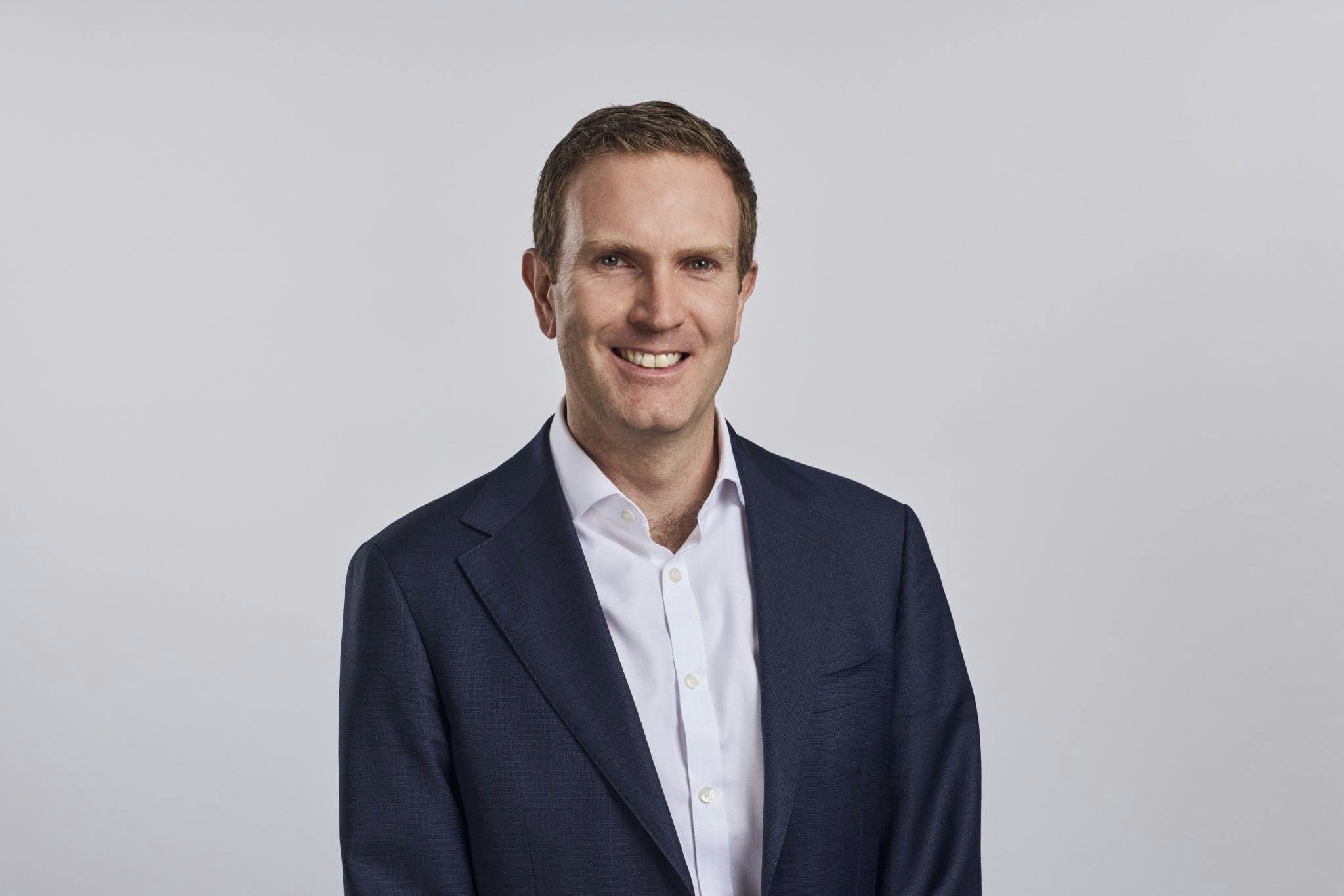Founders live and breathe finances — when it comes to their businesses. Cashflow, profitability and valuations are among the yardsticks by which they measure progress. But when it comes to their personal finances, they don’t always have the same mentality.
Put simply, there can be an awareness deficit when it comes to personal wealth. Founders are typically too busy to think deeply – or even at all – about how to manage the fruits of their endeavours. Indeed, they may not understand all the risks and opportunities, such that they do not maximise their wealth’s potential.
For entrepreneurs, here are some insights from two private bankers who specialise in serving this dynamic community.
Recognise your financial tendencies as a founder
Being a founder can help you on the way to mastering the subject of your personal wealth. You likely already understand many important financial concepts that apply to your own situation. But there are still a lot of challenges.
“These can range from individual to individual,” says Madeline Seddon, UK private banker at Citi Private Bank and Head of Citi Latitude in EMEA, the private bank’s programme for next generation leaders. “But the most common include being ‘time poor’. Due to the intense demands of growing a business, founders often don’t seek appropriate guidance as to their personal wealth.”
“Decision fatigue” can also play a role in the failure to address their own investment and wealth planning needs.
“Sometimes [founders] don’t have the bandwidth to make decisions about their own wealth,” says Seddon. “Other times, they may freeze up and not know what to do. That’s often the case if they’re not used to having substantial liquidity. And they’re afraid of making a false move.”
The latter is especially true for first-time founders who may be more risk-averse when investing their newly created wealth.
Others are used to making high-risk, high-return decisions, leading to difficulties in adjusting their mindset.
“The challenge is thinking about how to preserve and grow wealth by diversifying across many asset classes globally for the long-term, rather than staking large amounts on a single great business, which is what they’re used to,” says Seddon.
Seek professionals
The quest for long-term wealth preservation and growth begins by seeking professionals to discuss a robust plan that considers the founder’s entire situation.
“It’s vital that founders embrace diversification,” Seddon says. “Whether retaining their business, planning an exit or [they have]already sold, having significant capital tied up in a single enterprise leaves them exposed to idiosyncratic risks and potential liquidity issues”.
Seddon points to resources such as Citi Wealth’s Investment Lab that can help founders understand their risk exposures and suggest potential ways to address them.
Being part of a community to discuss and learn about personal investment strategies can be valuable for founders too. For example, Citi Latitude hosts an Investors Academy, where founders can network with others in similar positions and build their financial knowledge.
“We work with founders from across the world and we know they value making new connections and hearing from their peers,” says Seddon.
Define your financial purpose for investing
A founder’s circumstances often shape their investment strategy. To guide them, Freddie Lindesay, Head of Investments for Citi Latitude in EMEA, asks founders some key questions.
“Is it the first capital they’ve ever taken off the table? If it’s the first time they’ve done so with a significant amount of money, it’s potentially their nest egg. That means their risk appetite might be slightly lower,” he says.
“We also consider what stage of life they’re at. Are they a founder in their 20s or 30s, have they already exited a business? Are they investing for future generations, do they have a philanthropic purpose or [are they] simply seeking growth?”
Lindesay says that founders’ capital can be bucketed in various ways:
- What you need — investment allocations that prioritise capital preservation.
- What you may need — more risk-seeking allocations that nonetheless have an eye to capital preservation.
- What you will need to help external causes – e.g., funding for philanthropy, passion projects or something multi-generational, where the investment horizon may be especially long.
“It’s about thinking holistically about what founders’ wealth looks like, and what they’re personally trying to achieve. That enables us to put together a strategy suitable for them,” adds Seddon.
“We work with founders to understand where they are within their journey and their priorities for growing their wealth over the longer term to address their lifetime goals.”
If you would like to hear how Citi Private Bank might support you, you can contact them via their website here.
Disclaimer: Views, opinions and estimates expressed herein may differ from the opinions expressed by other Citi businesses or affiliates. The information contained herein is not intended to be an exhaustive discussion of the concepts mentioned. Citigroup Inc., its affiliates, and its employees are not in the business of providing tax or legal advice to any taxpayer outside of Citigroup Inc. and its affiliates. These materials are not intended or written to be used, and cannot be used or relied upon, by any such taxpayer for the purpose of avoiding tax penalties. Any such taxpayer should seek advice based on the taxpayer's particular circumstances from an independent tax advisor.




